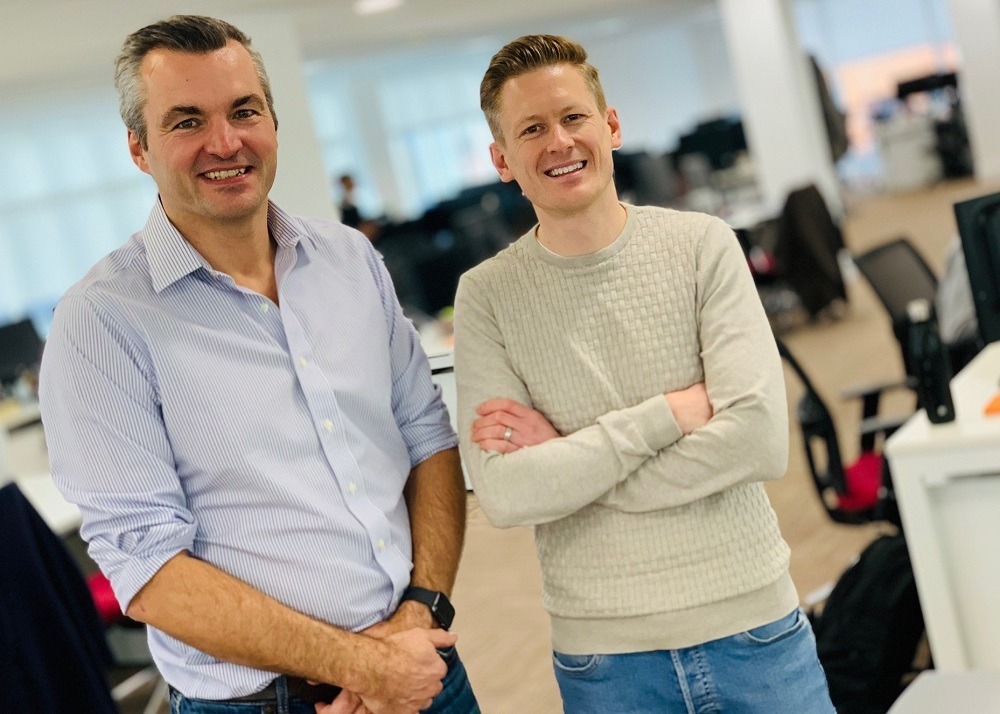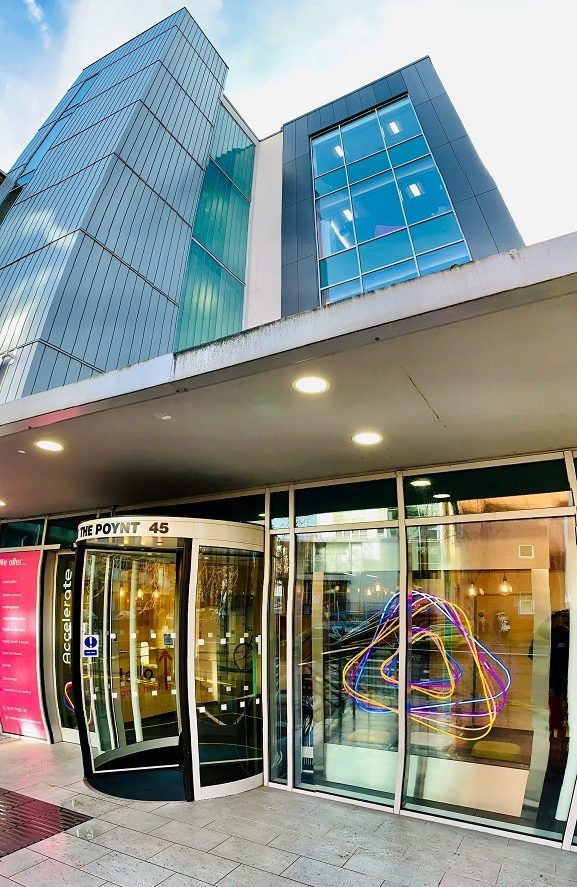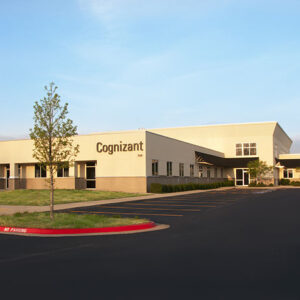
Oakbrook Finance and OpenWrks are two Nottingham-based fintechs using data made available by open banking regulations to improve the credit-lending experience for people with poor ratings. Andrew Fawthrop speaks to Oakbrook Finance chairman Mark Onyett and OpenWrks CEO Olly Betts about what they’re doing and how the loans process can be made better with data sharing
There are many reasons why someone applying for a loan may have a patchy or negligible credit record, but the response from lenders is often the same – declined.
It could be that someone is employed on a zero-hour contract, or are simply young and straight out of education – but the data used in traditional affordability assessments often proves insufficient to create a well-rounded picture of someone who needs the support.
UK lender Oakbrook Finance is looking to remedy this situation by integrating the new data made available by open banking regulations into its decision-making process – creating richer, more detailed profiles of its loan applicants.
The proliferation of new data now available to finance companies as a result of open banking regulations has allowed Oakbrook to add a new dimension to its lending process – something that has helped it to approve loans to half the people it would previously have had to disappoint.
“A lot of the customers that would come to us might not have much detail on a credit bureau – they might be young, new to the country or new to credit,” says Oakbrook Finance chairman Mark Onyett, who is also a partner at Blenheim Chalcot – the venture builder that is backing the company.
“So if we were to just use the normal credit bureau sources, we might not get a good answer, or we wouldn’t be able to lend to them.
“By being able to use the broader set of data you can get through open banking, and look at a richer financial history, we’re able to lend to them where otherwise we wouldn’t be able to.
“We believe we’re one of the first, if not the first, business to do that in the UK – to use open banking data brought directly into the credit decision through an API (application programming interface).”
What is the Oakbrook Finance story?
Based in Nottingham, Oakbrook Finance was founded in 2011 as a loans provider for people who would likely be turned away by a traditional bank and end up facing the prospect of an expensive payday loan.

It is chaired by Mr Onyett, who has worked in finance and technology throughout his career – forming part of the team that grew Nottingham-based Capital One before leaving in 2004 to start his own company, credit specialist TDX.
The company was sold to Equifax in a £200m deal in 2014.
In 2018, it was ranked 16th in The Sunday Times Hiscox Tech Track 100 list of the UK’s fastest growing private technology, media and telecoms companies – the second successive year the company has made it into the top 20.
It is backed by the UK-based venture capital provider Blenheim Chalcot, which supports a number of digital disruptors looking to scale up in areas of fintech, IT, software, education and media, and has a portfolio of businesses with combined annual sales of £350m and employs more than 3,000 people.
Oakbrook Finance working with OpenWrks to harness data from open banking APIs
Also working under the Blenheim Chalcot umbrella is tech company OpenWrks, which is collaborating with Oakbrook Finance to help it gather new customer data from open banking resources.
It has developed its own API based on the open banking regulatory framework and is allowing Oakbrook to use it to gather more comprehensive data on its customers who are applying for a loan.
CEO Olly Betts says: “We help other companies use the new open banking APIs to deliver benefits to their customers.
“We focus on how we can use that information to drive financial inclusion.
“Most of the products in the market that use open banking are financial apps focused at people with high disposable incomes – or millennials helping them count up how much they’ve spent on coffee this week.
“We really focus on how we can use this information to unlock benefits for those that couldn’t get those benefits before.”
The partnership has been a successful one during the year that open banking initiatives have been in place, with Oakbrook able to implement new insights and criteria into its affordability assessment processes.
It decided to run the new API alongside its usual decision-making model to better analyse the difference between the two.
The result has been a more nuanced picture of incomings and outgoings, which has allowed Oakbrook to give loans to more people than it would have previously.

“Ultimately, if we can form a view of those two parts of the equation, we can then get a much better view on the affordability on any kind of borrowing, based upon a customer’s circumstances,” explains Mr Onyett.
“You can also go back to the customer and help them understand their financial picture.
“If we can help our customers with that insight by looking at that picture and helping both them and us to make a decision on whether it’s affordable, I think you get a much better outcome.
“Half the customers we would otherwise decline, we’re now able to offer a product to.”
Oakbrook Finance and OpenWrks using open banking data to educate customers
Aside from using this broader scope of data to make better-informed decisions about the creditworthiness of loan applicants, Oakbrook and OpenWrks are also trying to help people with financial literacy.
Mr Betts says: “We are looking at how you can use this information to help people who are struggling with money more generally and struggling with debt.
“So you can help them understand how they might be able to repay debts, get back on their feet and feel more confident about money.”
Not only does this help people to manage their own financial situation better, it let’s them see how the information they are sharing is being used to make more detailed decisions about their credit applications.
Getting customers to have trust in the institutions that are asking for access to their personal and financial data will be one of the biggest challenges for the future of the open banking – and Mr Betts believes that building customer confidence in the process will be an important factor in winning that trust.
He says: “The key is the individual understands what the benefit of sharing their data is, and that you’re transparent about what you’re using that information for.
“By sharing with the customer the view that we have of their information and what it tells us about them, it builds their confidence further.
“What we’re starting to create is a different experience of applying for credit where, yes, you can get access to credit but along the way you learn more about your finances, and you build confidence in your own financial situation.
“And when you get that really working, then people get a lot more confident in sharing information because they really understand what they’re sharing and see the benefits of it.”






